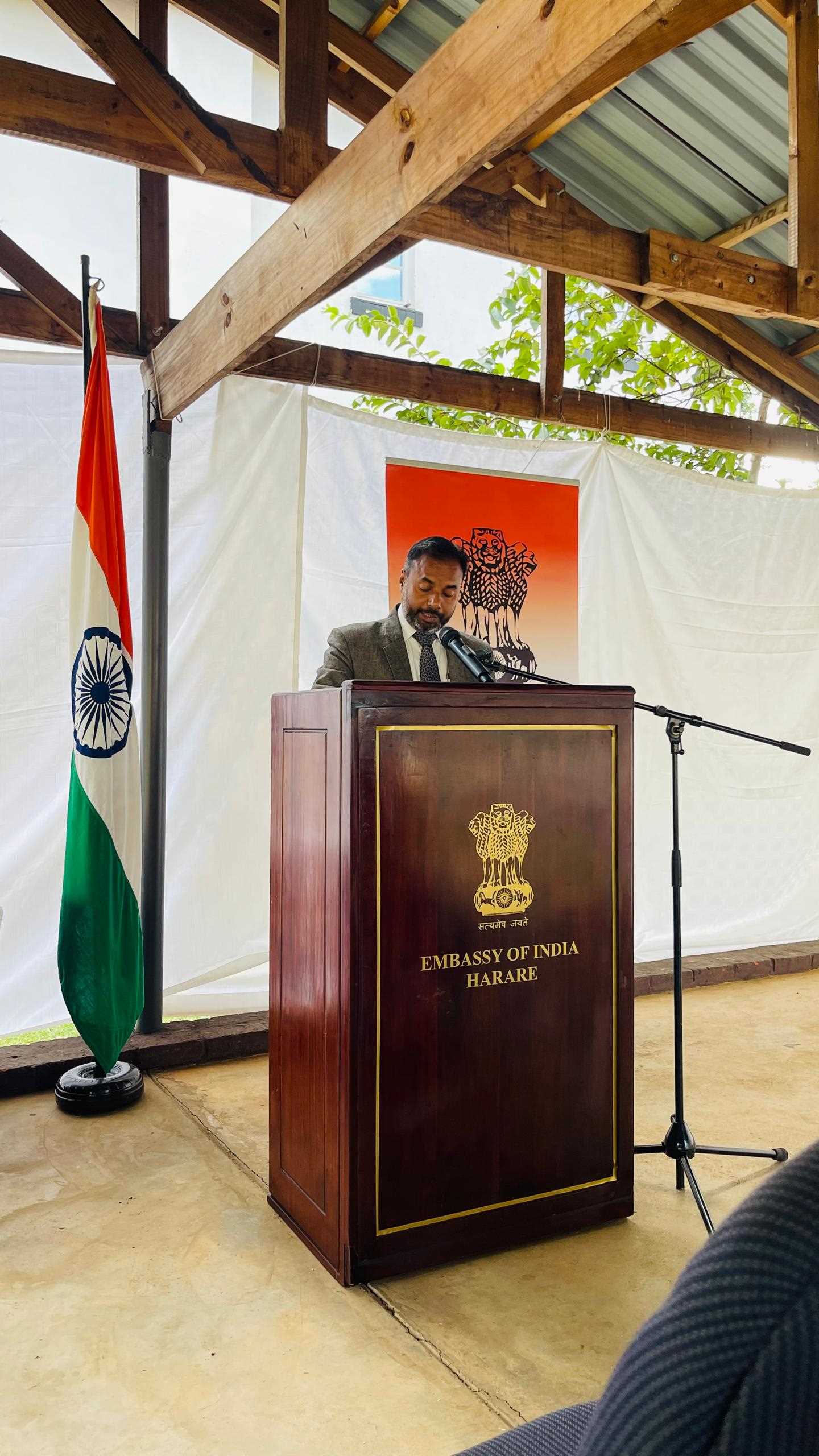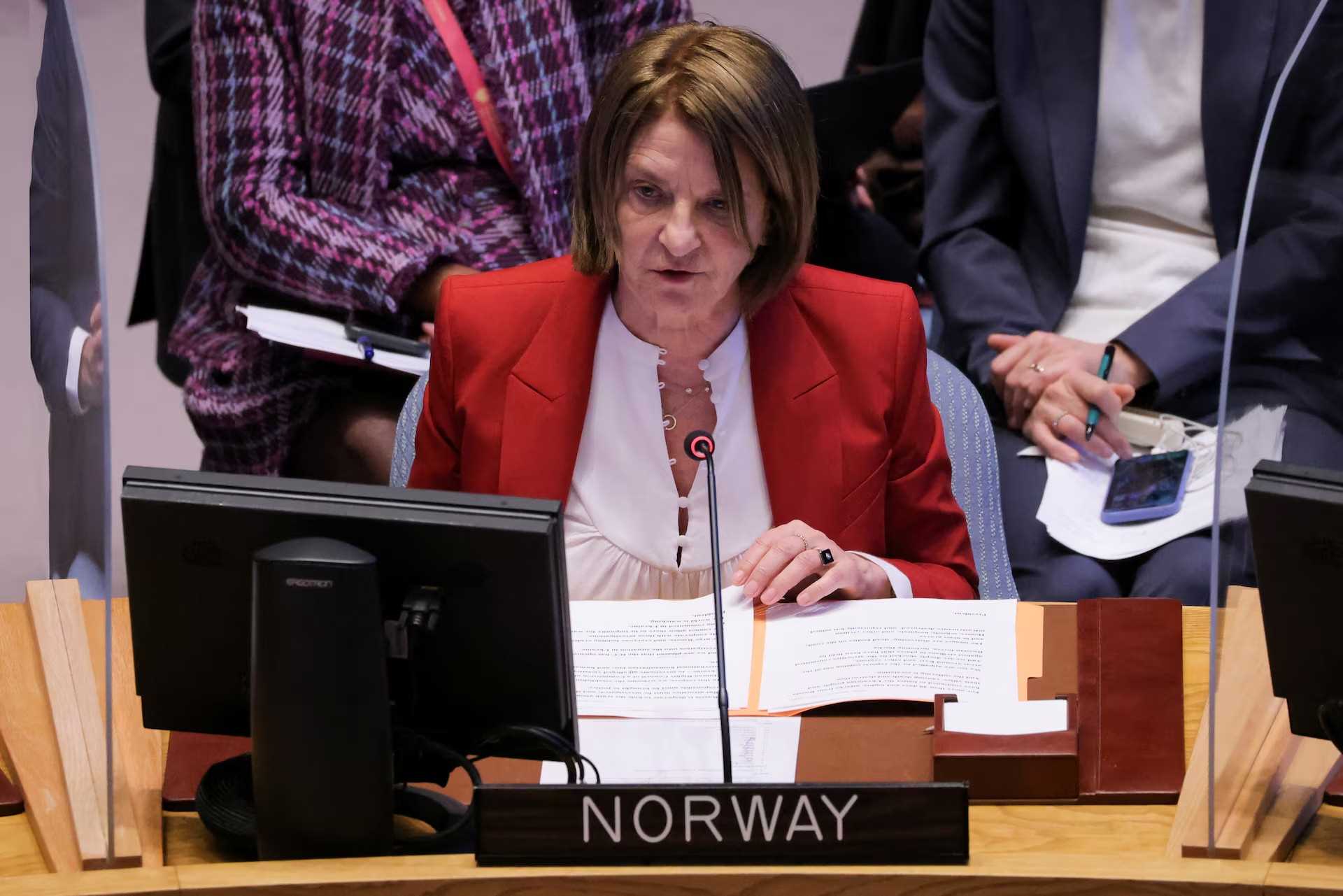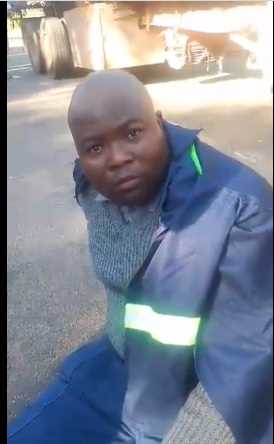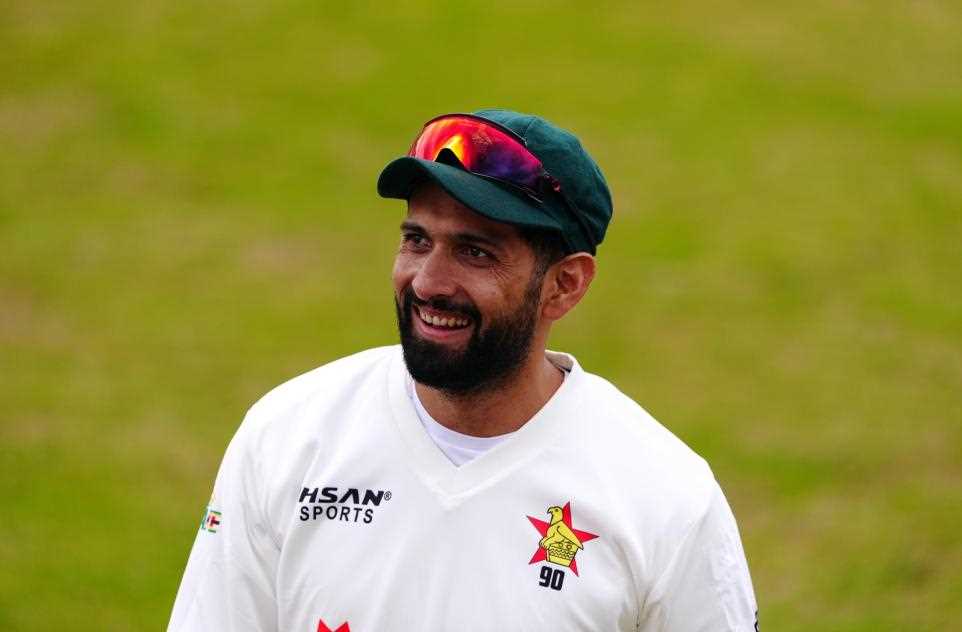
Patience Muchemwa- Senior Reporter
On May 1, 2025, the Embassy of India in Harare hosted a solemn condolence and prayer meeting to honour the memory of the innocent civilians who lost their lives in the horrific terrorist attack in Pahalgam, Jammu and Kashmir, on April 22, 2025.
Members of the Indian community in Zimbabwe gathered to express their grief and solidarity with the bereaved families. The attack, which has shaken the conscience of the global Indian diaspora, is considered one of the most brutal in recent years.
Addressing those assembled, Indian Ambassador to Zimbabwe Bramha Kumar condemned the atrocity in unequivocal terms. He stated, “This attack represents the largest number of civilian casualties since the 26/11 attack in Mumbai and the February 2019 attack in Pulwama that targeted paramilitary forces.”
Drawing historical parallels, Ambassador Kumar noted the chilling similarity to the March 2000 massacre in Chittisinghpura, in which 35 Sikhs were murdered while then U.S. President Clinton was beginning a state visit to India. In this instance, the attack occurred as U.S. Vice President J.D. Vance was midway through his official visit to India, further emphasizing its geopolitical undertones.
The Ambassador elaborated on the disturbing pattern evident in this and previous such attacks. “As in past attacks, the perpetrators targeted a particular community by asking people to identify themselves by their religion and then killing them. People were asked to recite certain religious texts and, upon being unable to do so, were shot—nearly all with a shot to the head at point-blank range.”
Related Stories
According to him, the primary aim of such acts is to stoke communal tensions and derail the growing narrative of peace and normalcy in Jammu and Kashmir, which has seen the return of democratic governance and a resurgence in tourism following peaceful elections.
He noted that initial intelligence inputs point to communication links in Pakistan, with digital footprints traced to nodes near a Pakistan Army cantonment. He stated that there was no doubt the attack was orchestrated by elements associated with Pakistani-sponsored terrorist groups like Lashkar-e-Taiba and Jaish-e-Mohammed. The so-called Resistance Front, which claimed responsibility, is believed to be merely a façade for these established terrorist networks.
Ambassador Kumar made a pointed remark on the reaction from across the border, dismissing claims that the incident was a “false flag” operation as predictable and absurd. “This nonsense should be dismissed for what it is,” he said, underscoring the routine nature of such disinformation campaigns by Pakistani sources following acts of terrorism.
Importantly, he noted the unprecedented public response within the Kashmir Valley itself. “This terrorist attack has generated immense, spontaneous revulsion in Jammu and Kashmir, especially in the Muslim-majority Valley.
"It is the first time in recent memory that local communities and political parties on all sides of the divide have called for ‘bandhs’ in protest against a terrorist attack.”



















Leave Comments